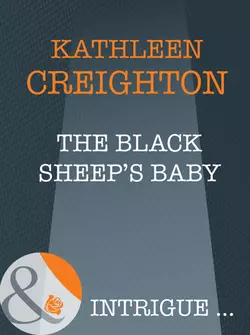The Black Sheep′s Baby

Kathleen Creighton
Тип: электронная книга
Жанр: Современная зарубежная литература
Язык: на английском языке
Стоимость: 458.46 ₽
Статус: В продаже
Издательство: HarperCollins
Дата публикации: 16.04.2024
Отзывы: Пока нет Добавить отзыв
О книге: Thirteen years ago Eric Lanagan fled his tiny Iowa hometown with wanderlust in his heart and a vow never to return.And yet, all these years later, who should pull into the old family homestead but Eric – now a world-renowned photojournalist – with a little pink bundle strapped to his chest. Not to mention a beautiful redheaded attorney on his tail . And said redhead, Devon O′Rourke, was more than just an attorney.She was the child′s aunt, and she had serious doubts about Eric′s claim that he was the baby′s father – and even more doubts about her own growing attraction to him. For his very presence was making her think thoughts she had no business thinking and want things she could never have.